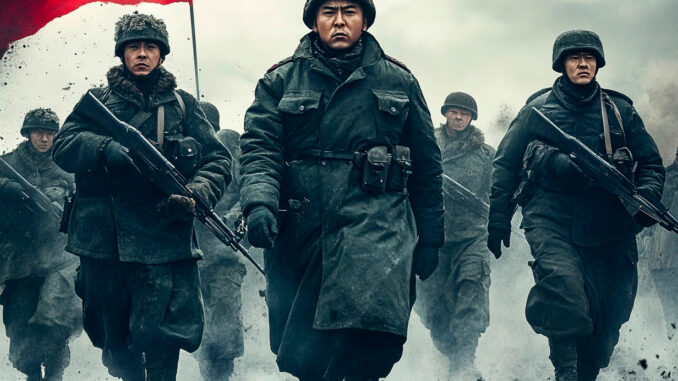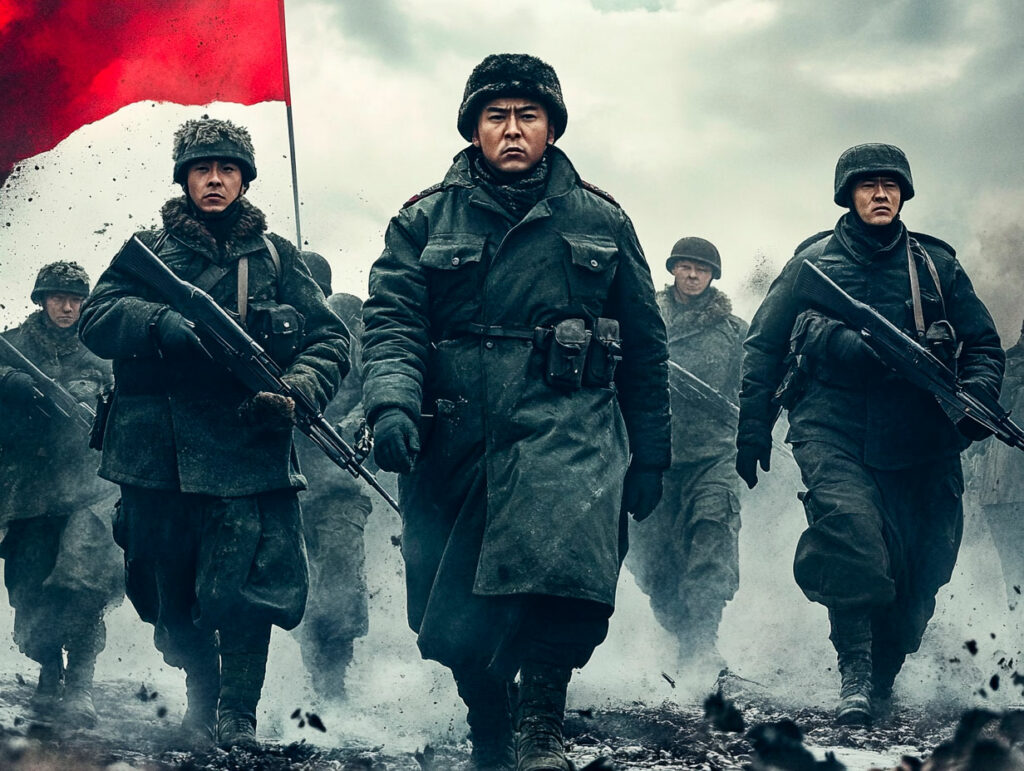
11,000 North Korean soldiers are preparing to fight for Russia in Ukraine, marking a new stage in military cooperation between Moscow and Pyongyang.
According to the head of Ukrainian military intelligence, 11,000 North Korean soldiers are currently training in Russia to enter combat in Ukraine starting on November 1, 2024. This military support from North Korea to Russia could intensify hostilities in the strategic regions of Kursk, where Ukrainian troops have already consolidated a foothold. While this deployment raises concerns in the West, military partnership agreements between Moscow and Pyongyang confirm this new alliance, which strengthens Russian forces in the conflict. This involvement could shift the dynamics of the war and lead to major geopolitical repercussions.
The role of North Korean troops in the Ukrainian conflict
The announcement by General Kyrylo Budanov, head of Ukrainian military intelligence (GUR), regarding the imminent arrival of nearly 11,000 North Korean soldiers in Russia to fight in Ukraine, marks a significant strategic development. These troops, expected to be operational by November 1, 2024, are trained and equipped by the Russian military, signaling a new chapter in the military alliance between Moscow and Pyongyang.
The first contingent of 2,600 soldiers will be deployed in the Kursk region, a highly strategic area where heavy fighting is ongoing. This region, located about 100 km from the Ukrainian border, holds fiercely contested Ukrainian positions. By reinforcing this area with foreign troops, Russia seeks to strengthen its grip and push back Ukrainian forces, which have recently made gains in the region.
If these reports are confirmed, it would mark the first direct and official participation of North Korean soldiers in the Ukrainian conflict, a move that could have significant international repercussions. The involvement of a third nation in the war could broaden the conflict and escalate global tensions, as warned by Ukrainian President Volodymyr Zelensky.
The geopolitical implications of a Moscow-Pyongyang alliance
The military collaboration between Russia and North Korea is a sign of deepening relations between the two countries, at a time when Moscow is seeking allies to support its war efforts in Ukraine. North Korea’s decision to provide troops marks a shift in its strategy, which has traditionally focused on its own regional security. This new partnership could pave the way for mutual military assistance, as indicated by the draft law submitted by Vladimir Putin to the Russian State Duma, proposing the ratification of a strategic partnership agreement signed in June 2024.
This agreement calls for military assistance in the event of conflict, and the presence of North Korean soldiers in Russia could be the first concrete result of this accord. This cooperation could also involve the transfer of military equipment. In fact, recent reports suggest that Russian soldiers are being trained to use North Korean self-propelled artillery at a military school in Saratov, about 500 km southeast of Moscow.
Since its invasion of Ukraine in 2022, Russia has found itself isolated on the international stage. The emerging alliance with North Korea provides Moscow with a partner willing to break this isolation. This collaboration raises questions about shifting alliances in Asia and Europe and the potential repercussions of broader North Korean involvement in the Ukrainian conflict.

Economic and military consequences of North Korean involvement
The involvement of North Korean soldiers in the war in Ukraine is not only a political statement but also a demonstration of military force that could shift the balance of power on the battlefield. These troops, trained and equipped by Russia, will likely bolster Russian units that have been weakened by months of fighting. Their deployment could not only stabilize certain frontlines but also open new offensive possibilities for the Russian military.
From an economic perspective, Russia could benefit from this alliance by accessing additional military manpower without having to further mobilize its own population, already strained by economic sanctions and conscription efforts. In return, North Korea could receive economic and technological support from Russia, particularly in the defense sector, strengthening its position on the Korean peninsula against regional rivals.
The North Korean support could also force Ukraine and its allies to reassess their military strategies. The arrival of these new forces could delay Ukrainian advances on key fronts, particularly in the eastern regions where the battle for control of strategic infrastructure continues.
International reactions and risks of escalation
The growing involvement of North Korea in the Ukrainian conflict has raised concerns within the international community, particularly among Western nations. The United States, through Deputy Secretary of State Kurt Campbell, expressed alarm over the military cooperation between Russia and North Korea, though it has not confirmed Ukraine’s claims about the imminent deployment of North Korean troops.
The risk of escalation is real. As President Zelensky noted, the direct involvement of a third country could transform the conflict into a larger-scale war, with implications for global security. Such an escalation could prompt stronger responses from Ukraine’s allies, increasing the likelihood of new confrontations on a regional or even international scale.
On the other hand, North Korea’s intervention could further strengthen the diplomatic and military ties between Moscow and Pyongyang, consolidating an alliance that may eventually influence stability in Northeast Asia, a region already marked by high tensions between North Korea, South Korea, and Japan.
War Wings Daily is an independant magazine.